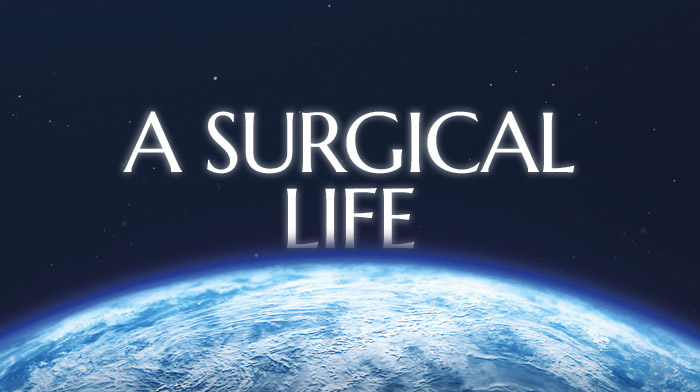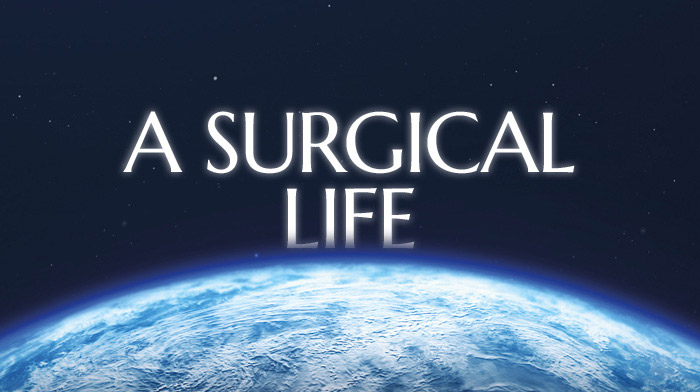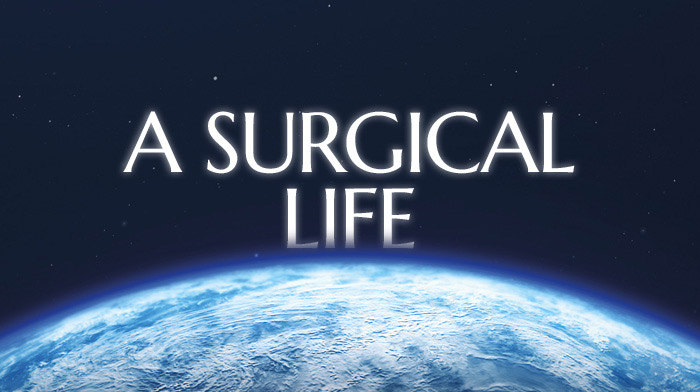BJS Academy>Surgical news>A surgical life by T...
(2)
A surgical life by Takeshi Sano, MD, PhD
18 August 2022
General Upper GI
(2)
Related articles

A surgical life by Agneta Montgomery
My surgical life What made you decide to become a surgeon? Art and design have always been a passion in life. I designed and sewed almost all my own clothes when growing up. When my twin brother was to get married, he wanted to wear a white dress suit. I tailored it for him as there was nowhere, we could find one. I have kept on tailoring abdominal walls.

A surgical life by Guy Maddern
I have held the Chair of Surgery at the University of Adelaide for the past 30 years. I trained as an HPB surgeon, became involved in rural surgery coordination within South Australia, surgical management of public hospitals and assessment of new surgical techniques for the Royal Australasian College of Surgeons. For the past 20 years I have been Director of the Basil Hetzel Research Centre based at The Queen Elizabeth Hospital. I have been predominantly working within the South Australian public hospital and university system with a research focus on surgical innovation. I have held the Presidency of Health Technology Assessment international (HTAi) and chaired the International Network of Agencies for Health Technology Assessment (INAHTA) as well as serving on the Council of the Royal Australasian College of Surgeons for 9 years. What made you decide to become a surgeon? I grew up in a surgical household, my father was the first urologist in the city and I spent my early years accompanying him on weekend ward rounds as a young child and sitting in his consulting rooms after school before driving home talking about urology and football. I never imagined any other career.

A surgical life by Derek Alderson
I retired from clinical surgery in 2015. My main area of interest was surgery of the upper GI tract. I was Professor of Surgery at the Universities of Bristol then Birmingham for 18 years, President of the Royal College of Surgeons of England from 2017 to 2020 and have been associated with BJS for over 25 years, becoming joint chief editor of BJS in 2010 and founding chief editor of BJS Open in 2017. What made you decide to become a surgeon? At the end of my third year as a medical student in Newcastle, I had a 3 month elective. I had enjoyed my first surgical attachment, so I asked the Professor of Surgery where I might go to see if surgery was the specialty for me. He recommended and helped me get a place at the University of Chicago. At the end of that summer, I had made up my mind.
Copied!
Connect

Copyright © 2025 River Valley Technologies Limited. All rights reserved.








.jpg)



